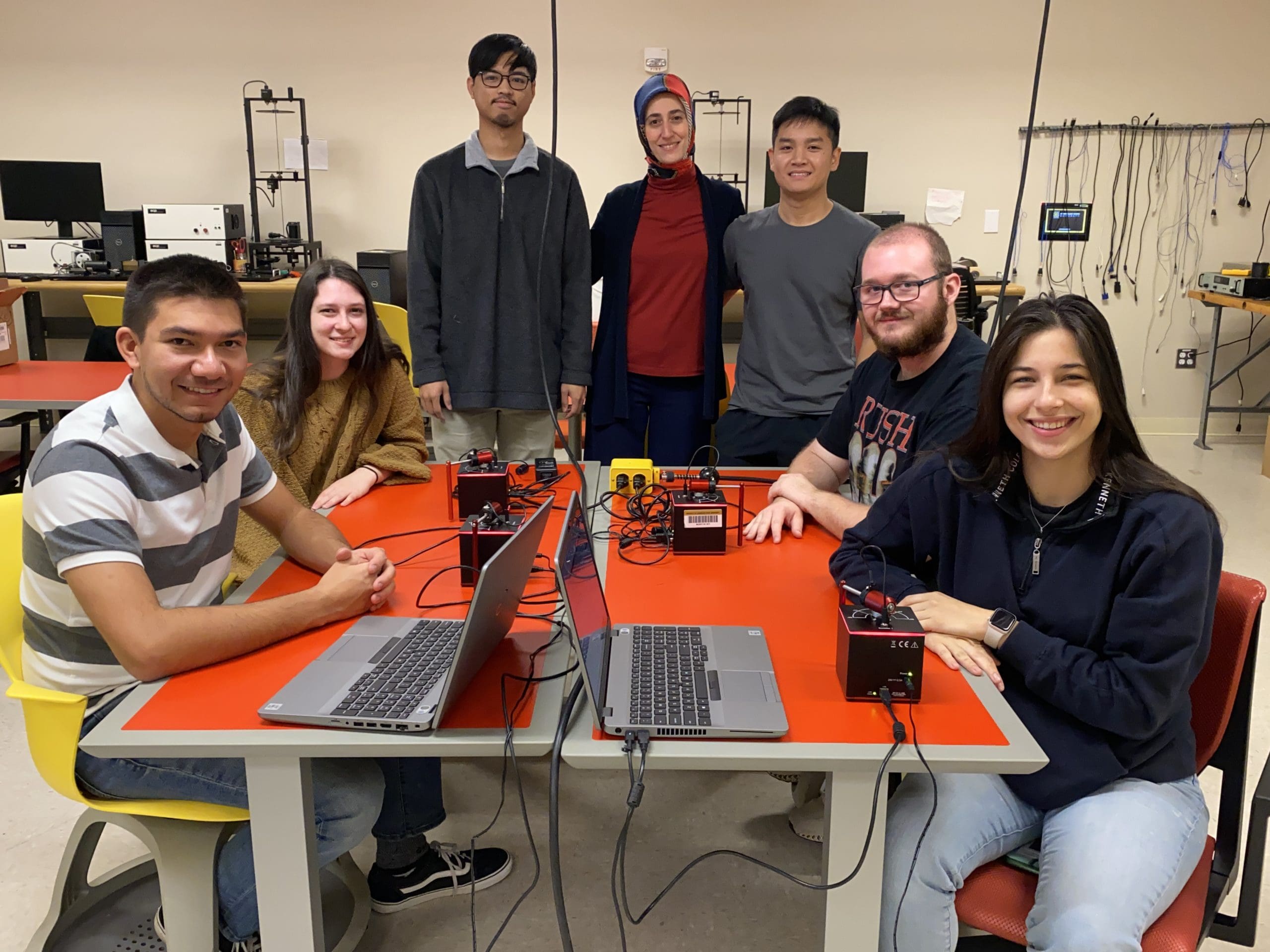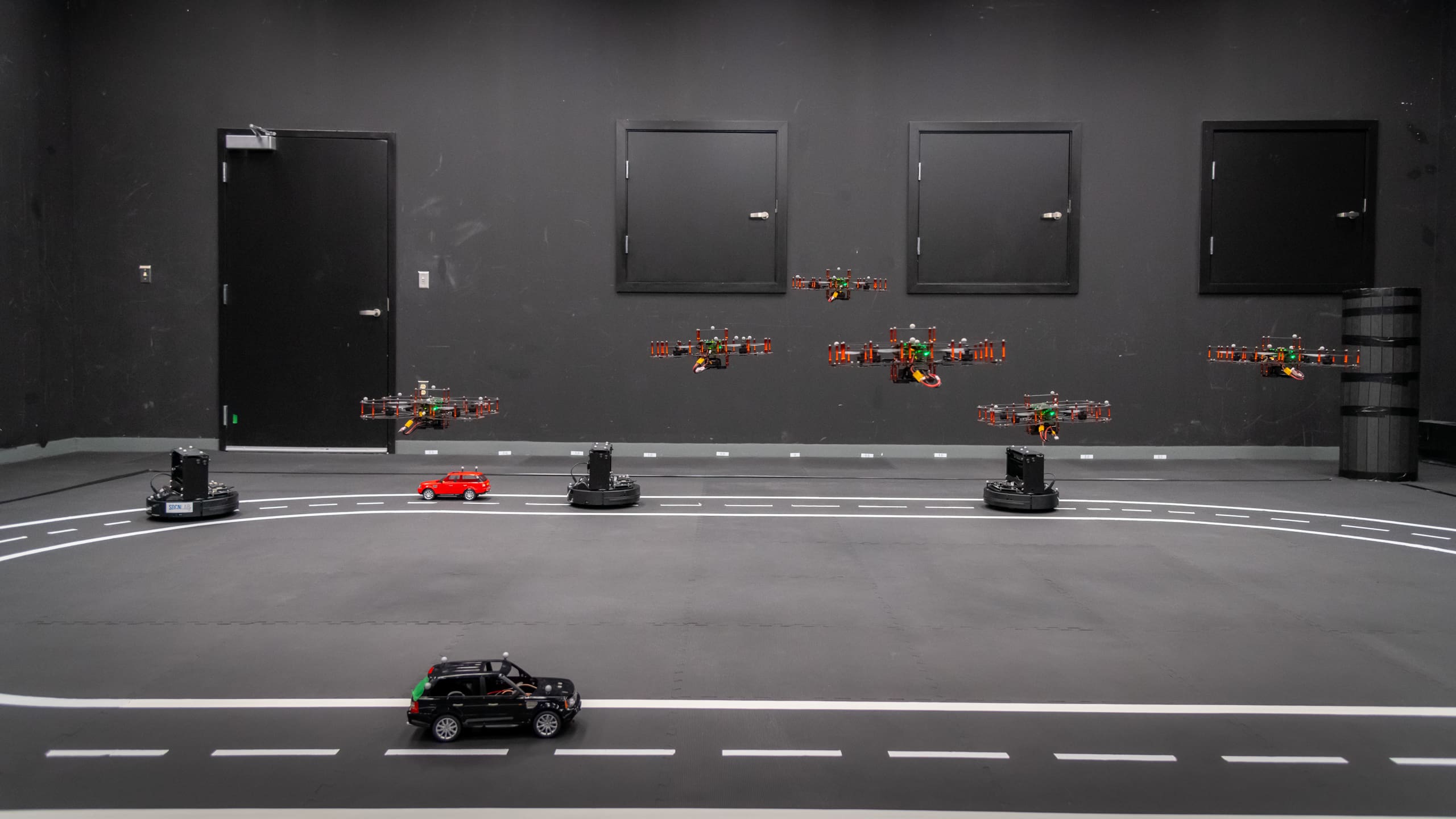
Webinar Details
Since engineering involves the use of scientific principles to solve real-world problems, theoretical concepts imparted to students in traditional classroom settings must be supported by practical experience through hands-on experiments. This is certainly true for highly multidisciplinary branches of engineering like vibrations and controls which need to be taken very seriously among undergraduate engineers if they are to successfully contribute to the design and analysis of complex systems soon after they graduate.
Students need to develop a “feel” for vibration and control theory parameters before starting to design the system that needs to be controlled. The lab experiences are central to learning and reinforcing fundamental concepts taught in these courses as students practice by doing. The failure to build the bridge between a hands-on exercise and the lecture concept diminishes the value of both the lecture and the experiment.
This presentation discusses how we utilized Quanser (one of the leading company institutions that incorporate their products in vibrations, control theory, aerospace, structural dynamics, and robotics laboratories) products such as Quanser Qube and Quanser Servo in the Vibrations and Control Lab (ME 4501) to give students more hands-on experiences to deepen their conceptual understanding.

Presenter’s Bio
Dr. Ayse Tekes is an associate professor in the mechanical engineering department at Kennesaw State University. Her research interests lie in the areas of design, development, modeling, and control of flexible machines, and soft robots, and improving student understanding by developing 3D printed laboratory equipment for vibrations and control theory courses and creating virtual labs using MATLAB Simscape for undergraduate engineering courses. She received an outstanding teaching award in 2016 and SPCEET Faculty Advisor Award in 2017 from Kennesaw State University.



